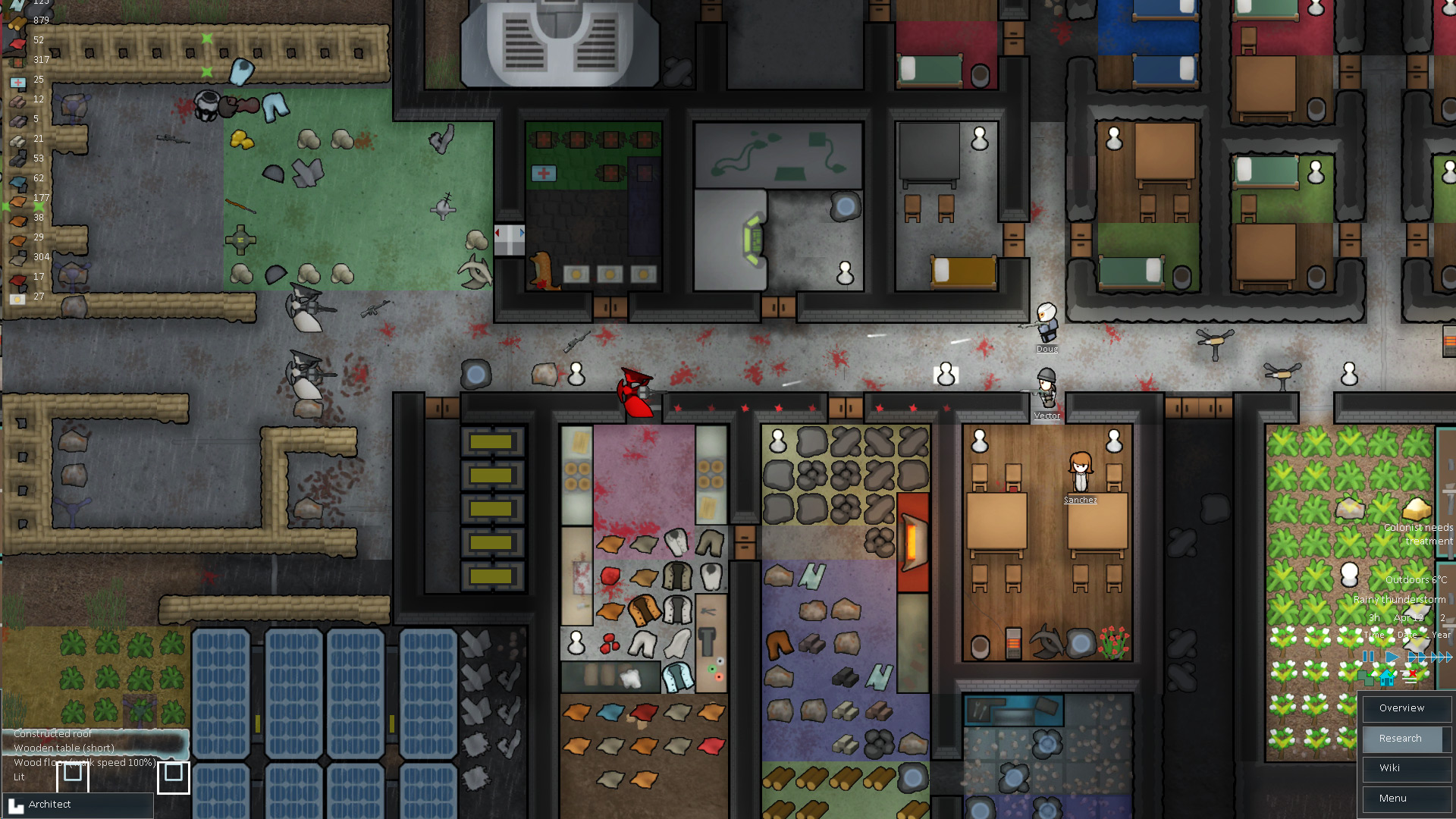Why I love building homes in games
Building domestic bliss, brick by brick.

In Why I Love, PC Gamer writers pick an aspect of PC gaming that they love and write about why it's brilliant. This week, Tom gets houseproud.
From Diablo's Tristram to the Horned Reaper's chambers in Dungeon Keeper, homes in games take many strange forms. Dishonored gives you a pub, and Assassin's Creed Syndicate gives you a train, but few homes are as good as the ones you can build yourself.
In this respect the Sims is surely king. It's a series dedicated to everyday aspiration, in which you give your little people better jobs, bigger homes and a stable existence in the sun-drenched suburbs of a fictional town. You can manufacture some family drama, but the buildings are always clean, and the lawns are always immaculate—a vision of the American dream lifted from soap opera sets.
I love it. I've heard the Sims criticised for being a game about consumerism, but the consumerist 'buy stuff to get more stuff' reward loop is so deeply baked into games that it's a relief to see it expressed nakedly in this everyday context. Besides, the rat race aspect of The Sims is just background noise. It offers some gentle sense of progression while you get on with the important business of building a nest, and here The Sims shares multiple traits with home-building systems across many genres.

Number one: boxing out space. Rimworld, Dungeon Keeper, Minecraft and so many other games provide the alluring notion that space can be segmented and controlled. In a survival game context this creates a sense of safety, of course, but there's more to it—a sense of imposing order on someone else's system. Absurdly, it's the feeling of stealing away the game from the designer and making it yours.
Number two: player-controlled clutter. We have claimed our cubes of game real estate, and now that space reflects us somehow. Through ownership we are now invested, and personal pride is now a factor. It's time to express our organisational power by placing some gosh darn furniture. The furniture must be correctly rotated and placed in an orderly fashion, of course, even in apocalyptic nightmare scenarios such as Rimworld. Clutter matters, and it must be ours to control. This is one of the reasons Fallout 4's base-building systems don't feel as good as others. There is clutter in the building spaces that can't be cleared without help from a mod.
Number three: visitors. Now you've got a place, you've got to show it off. The visitors don't even have to be human for this to be fun. Terraria, The Sims, Rimworld all have NPCs wandering through your place. In Dungeon Keeper some creatures won't even show up unless your dungeon meets their standards.
That makes games such as Minecraft and the sadly departed Star Wars: Galaxies standout cases. These games let your friends come over and admire your handiwork. Great customisation systems are essential—the more sweet faux pine Ikea-esque flatpack furniture the better—but it all means less if you can't open up your front door and play the host.
Keep up to date with the most important stories and the best deals, as picked by the PC Gamer team.
Part of the UK team, Tom was with PC Gamer at the very beginning of the website's launch—first as a news writer, and then as online editor until his departure in 2020. His specialties are strategy games, action RPGs, hack ‘n slash games, digital card games… basically anything that he can fit on a hard drive. His final boss form is Deckard Cain.


